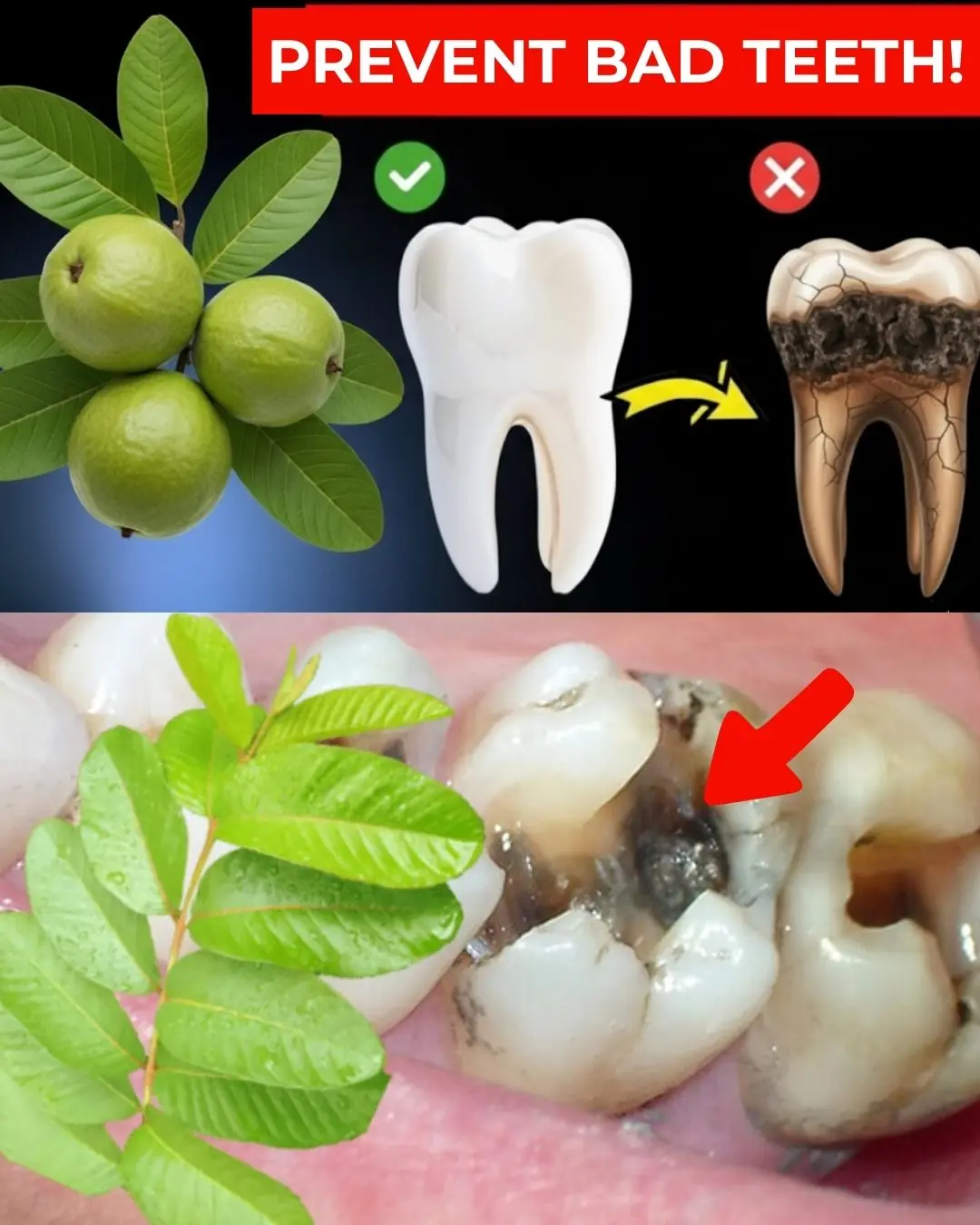
4 Red Flags Your Brain Might Be in Trouble as Experts Warn Alzheimer’s Can Start Decades Before Symptoms Appear

Experts are increasingly warning that Alzheimer’s disease can begin decades before symptoms become noticeable. While it's commonly associated with older adults, the changes in the brain that lead to Alzheimer’s often start much earlier. That’s why early detection is essential.
Recognizing the subtle signs of cognitive decline can allow individuals to take proactive steps toward protecting their brain health. According to Dr. Daniel Amen, a renowned psychiatrist and brain imaging expert, there are four key red flags that may indicate your brain is not functioning as well as it should.
Why Early Detection Matters
Alzheimer’s is a progressive and devastating neurological disease that primarily affects individuals over the age of 65. It gradually erodes memory, thinking abilities, and decision-making skills, ultimately leading to a loss of independence. However, researchers now know that the disease often takes root 20–30 years before any clinical symptoms appear.
By identifying early red flags, people can modify lifestyle factors, seek medical evaluation, and even slow the progression of cognitive decline through early intervention.
1. Worsening Memory Over Time
Occasional forgetfulness is normal—everyone misplaces their keys or forgets an appointment now and then. But Dr. Amen urges individuals to ask themselves:
“Has my memory worsened significantly over the past 5 to 10 years?”
If you frequently forget names, appointments, directions, or struggle to recall words, it could be an early sign of trouble. This is especially concerning if memory lapses are increasing in frequency or being noticed by others.
The hippocampus, the part of the brain responsible for forming and storing new memories, is often the first area damaged in Alzheimer’s. Early intervention may help preserve this critical brain region for longer.
2. Declining Judgment and Growing Impulsivity
Dr. Amen explains that cognitive decline can make the brain feel like it's “going offline,” especially in the frontal lobe—the part responsible for decision-making, planning, and self-control.
If you or someone you know is suddenly making poor financial choices, acting impulsively, or struggling with everyday decisions, it could be more than just stress or aging. These behaviors may point to early dysfunction in executive function—a hallmark of Alzheimer’s and related conditions.
Examples might include:
-
Difficulty managing finances or paying bills
-
Falling for scams or suspicious offers
-
Taking unnecessary risks
-
Becoming socially inappropriate
Even subtle changes in behavior may be the first warning signs of underlying neurological changes.
3. Shortening Attention Span and Mental Fatigue
While we live in a distracted world, a noticeable decrease in focus, attention span, and mental endurance can also be a red flag.
Struggling to stay engaged in conversations, losing your train of thought, or finding it hard to concentrate on familiar tasks could indicate changes in brain connectivity and communication between neurons.
It’s important to differentiate this from lifelong attention issues like ADHD. If concentration has noticeably declined in midlife or later years, it may point to emerging brain dysfunction.
4. Persistent Low Mood, Irritability, or Apathy
Emotional health is closely linked to cognitive health. Dr. Amen notes that up to 50% of Alzheimer’s patients experience depression, and mood changes often begin in the earliest stages of the disease.
Watch for signs such as:
-
Persistent sadness or anxiety
-
Increased irritability or uncharacteristic anger
-
Social withdrawal or loss of interest in previously enjoyed activities
-
Low energy or motivation
These emotional changes can reflect deterioration in the limbic system and other areas responsible for emotional regulation. Apathy, in particular, is a common and often overlooked early symptom of neurodegeneration.
Additional Alzheimer’s Risk Factors
Recognizing red flags is only part of the picture. Certain risk factors can increase the likelihood of developing Alzheimer’s:
-
Family history of dementia
-
Chronic stress and untreated depression
-
Lack of physical activity
-
Poor diet (especially one high in sugar and processed foods)
-
Diabetes or insulin resistance
-
High blood pressure and cholesterol
-
Sleep disorders, including sleep apnea
-
Exposure to environmental toxins
-
Low mental stimulation or lack of social connection
Fortunately, many of these risk factors are modifiable, meaning changes in lifestyle can make a significant difference.
What You Can Do to Support Brain Health
If you recognize any of these red flags in yourself or a loved one, it’s important not to panic—but take action.
Here are some science-backed strategies that may support long-term brain health:
-
Prioritize physical exercise, especially aerobic activity
-
Follow a Mediterranean or anti-inflammatory diet
-
Keep your brain active with puzzles, learning, and reading
-
Manage stress through meditation, therapy, or mindfulness
-
Get quality sleep—aim for 7–9 hours per night
-
Avoid smoking and limit alcohol intake
-
Foster social connections and regular conversations
-
Consider cognitive testing or brain imaging if symptoms persist
Conclusion: Early Awareness Empowers Better Brain Health
Alzheimer’s disease doesn’t begin when symptoms appear—it begins years earlier, silently altering the brain. Recognizing early warning signs such as memory issues, impaired judgment, short attention span, and mood changes can empower individuals to seek evaluation and begin lifestyle changes that support brain function.
As Dr. Amen and other experts stress, your brain is your most valuable asset—protecting it starts now, not later.
Disclaimer: This article is for informational purposes only and is not a substitute for professional medical advice, diagnosis, or treatment. Always consult your doctor or healthcare provider if you are concerned about memory loss or cognitive changes.
News in the same category

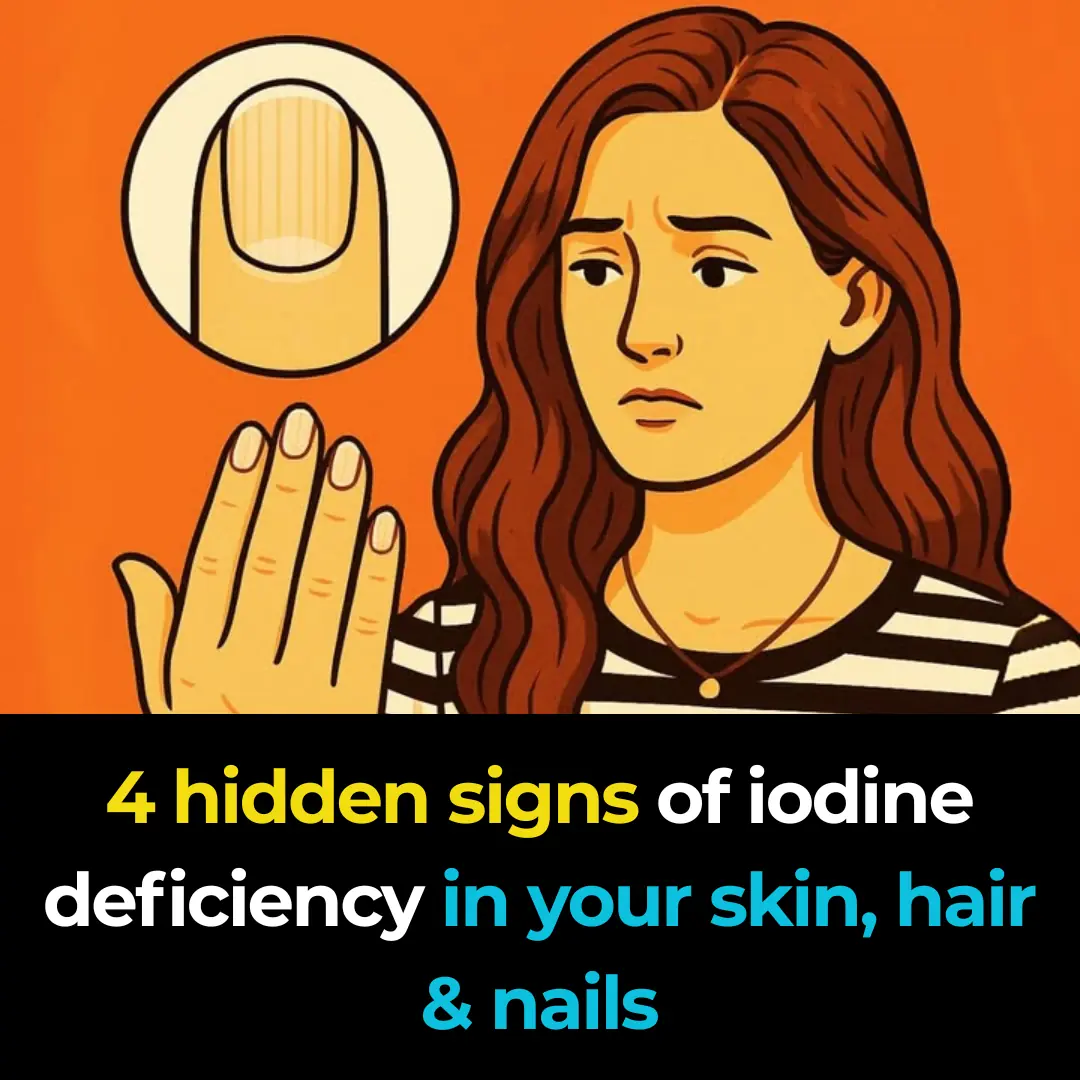
4 hidden signs of iodine deficiency in your skin, hair & nails

The Most Effective Natural Way to Remove Gallstones
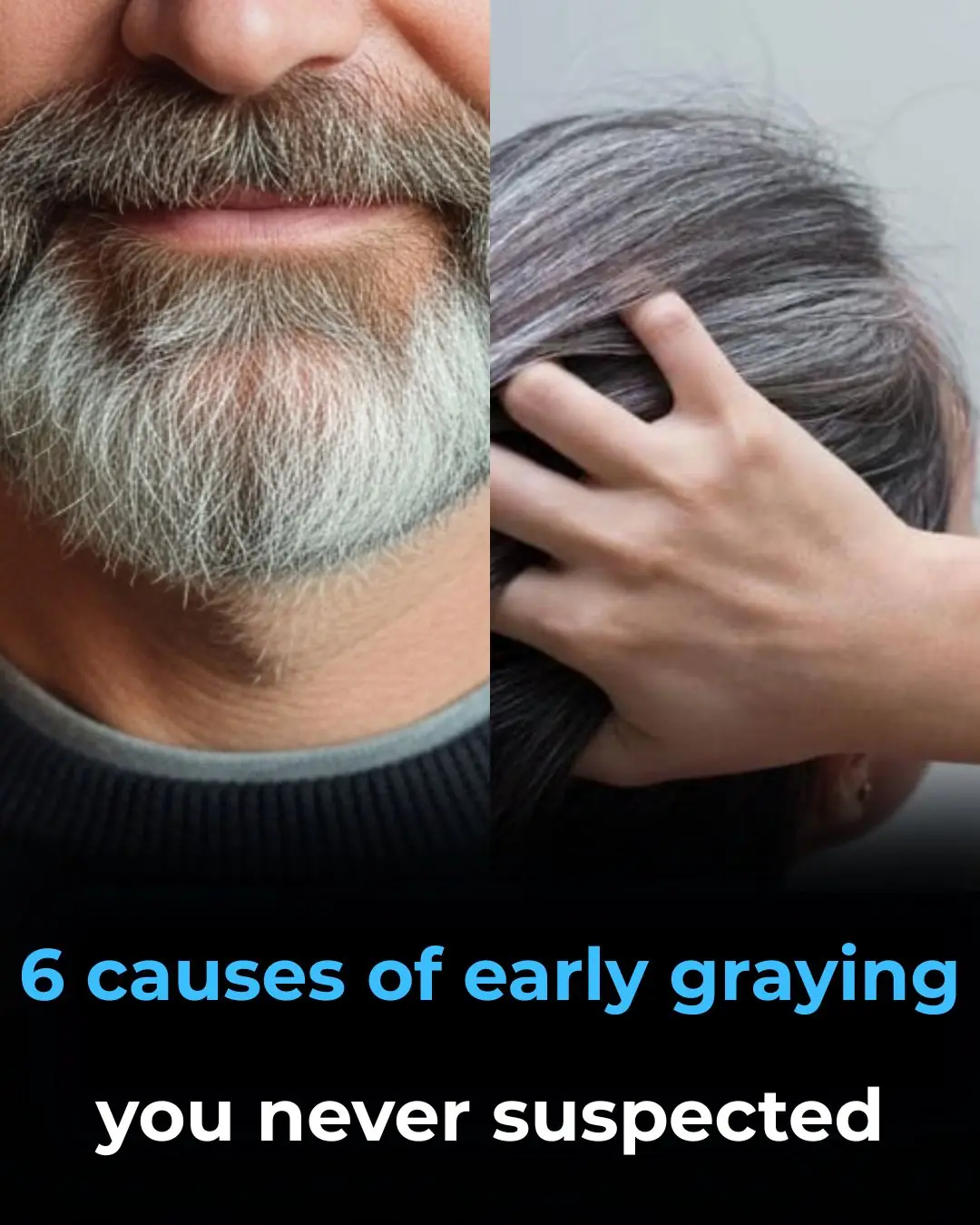
Causes of Early Graying You Never Suspected
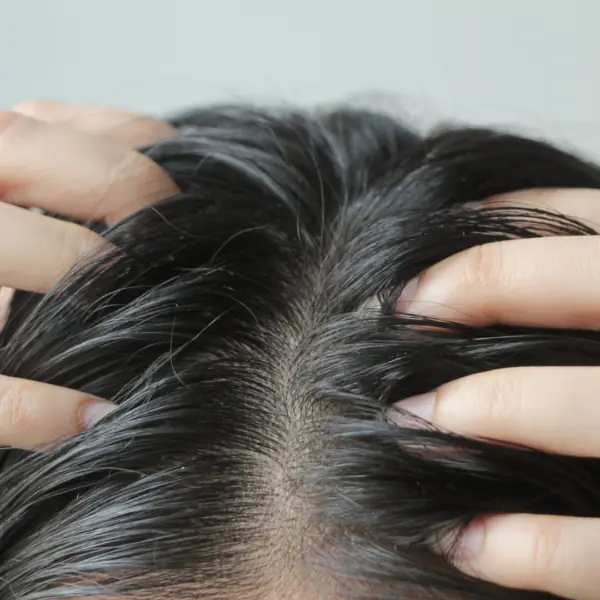
That Persistent Scalp Itch

That Random Stabbing Pain in Your Chest Has Finally Been Explained

The Dirty Secret About Toilet Paper on Public Seats

If You Have These Two "Dimples" on Your Lower Back, Here's What They Mean

A Scientific Look at Oregano’s Role in Supporting Wellness

Cloves: 10 Health Benefits of Eating 2 Daily

Chicken Gizzards: 3 Surprising Benefits You Might Be Missing

80% of Heart Attacks Could Be Avoided If Everyone Did These 5 Easy Things

People Are Putting Onions in Their Socks—Here’s Why You Don’t Want to Miss Out
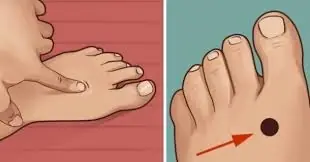
If You Press This Point on Your Foot Before Bed, This Is What It Does to Your Body
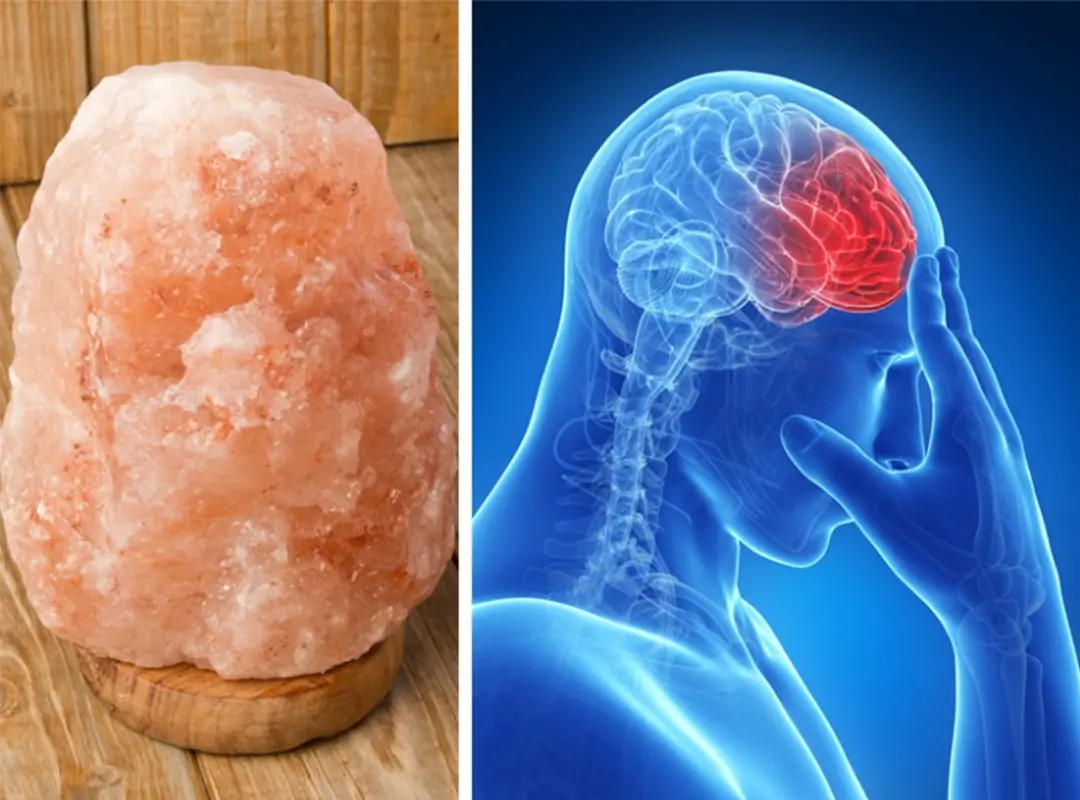
This Is What Happens to Your Lungs, Mood, and Blood Circulation When You Use a Himalayan Salt Lamp

Garlic Destroys Urinary System Infections! Just Do This… 🧄✨

Anyone Whose Hair Is Falling Out Needs To Make This 2-Ingredient Drink Immediately

13 Detox Foods To Flush Out Toxins, Fight Cancer Cells And Relentlessly Hunt Free Radicals
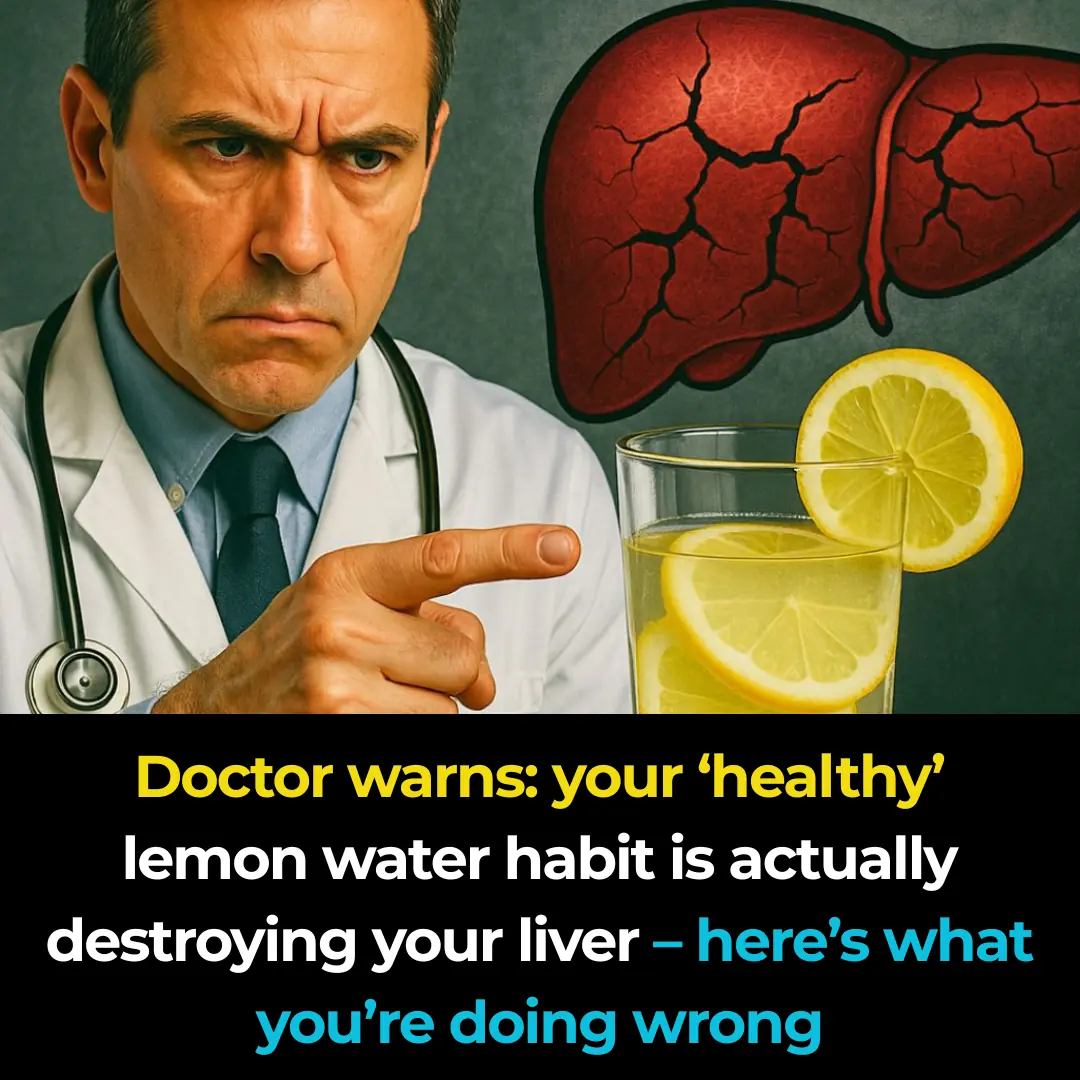
Doctor warns: your ‘healthy’ lemon water habit is actually destroying your liver – here’s what you’re doing wrong
News Post

How to wash your hair with perilla leaf water to prevent hair loss and stimulate the growth of new hair.

Don’t soak frozen meat in cold water. Follow the chef’s method to defrost it in 5 minutes, and the meat will still taste great.

How to store chili peppers for months, keeping them as fresh as if they were just picked, with firm, plump flesh that doesn't dry out or lose flavor.

3 powerful vegetables everyone overlooks (but shouldn’t!)

4 hidden signs of iodine deficiency in your skin, hair & nails

The Most Effective Natural Way to Remove Gallstones
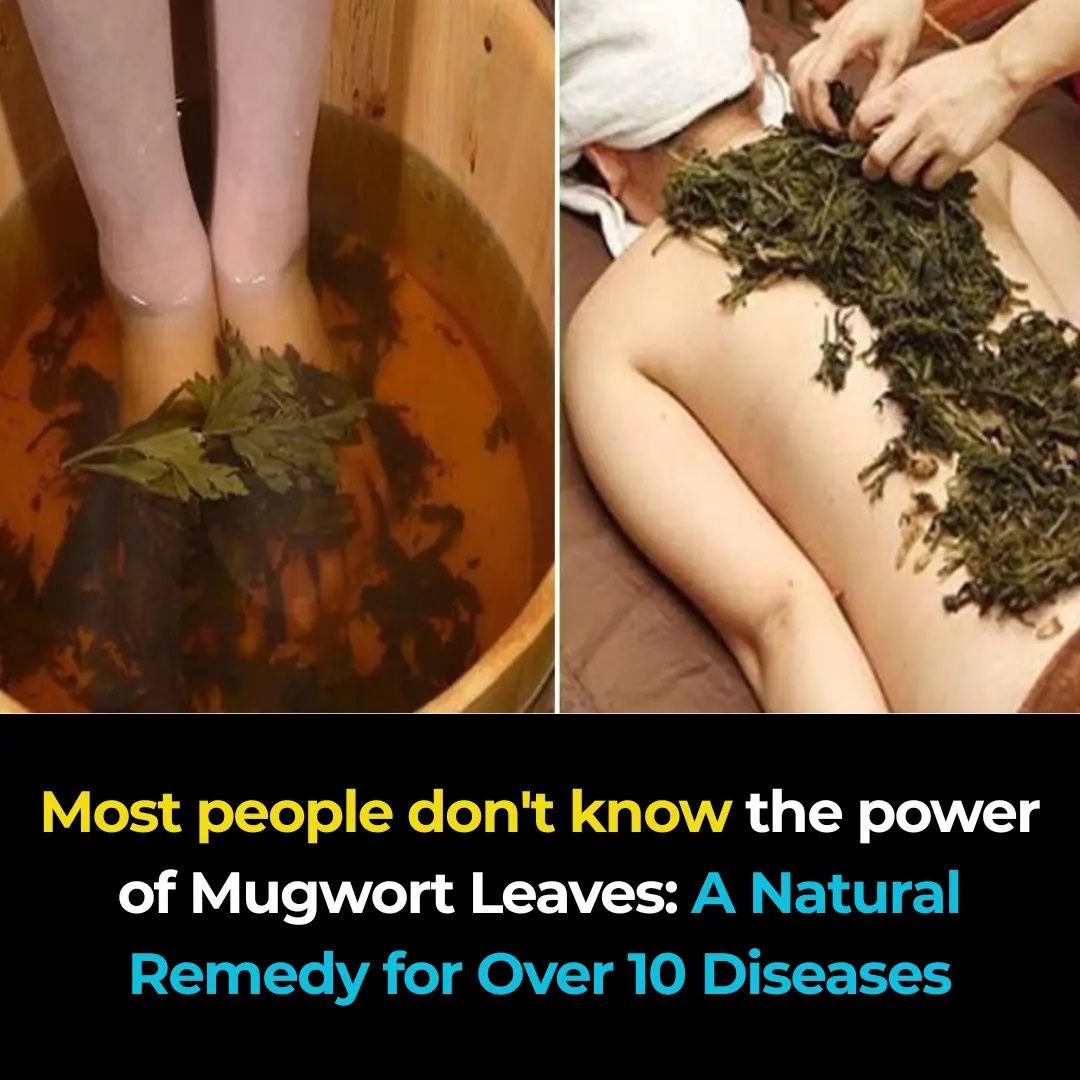
Mugwort Plant: Benefits, Properties, and Uses

Purslane: The Superfood That Tastes Better Than Meat – 7 Reasons to Grow It in Your Garden

Causes of Early Graying You Never Suspected

That Persistent Scalp Itch

Steps to Take When Your Adult Children No Longer Show Respect

That Random Stabbing Pain in Your Chest Has Finally Been Explained

The Dirty Secret About Toilet Paper on Public Seats

If You Have These Two "Dimples" on Your Lower Back, Here's What They Mean

How to Save Electricity: Immediately Put a Roll of Toilet Paper into Your Refrigerator – An Amazing Trick That Also Saves You Money

When Your Non-Stick Pan Loses Its Coating, Don’t Throw It Away: Try This Method to Fry Without Food Sticking or Breaking

Simple and Effective Tips to Repel Rats Using Leftover Rice — Anyone Can Do It at Home
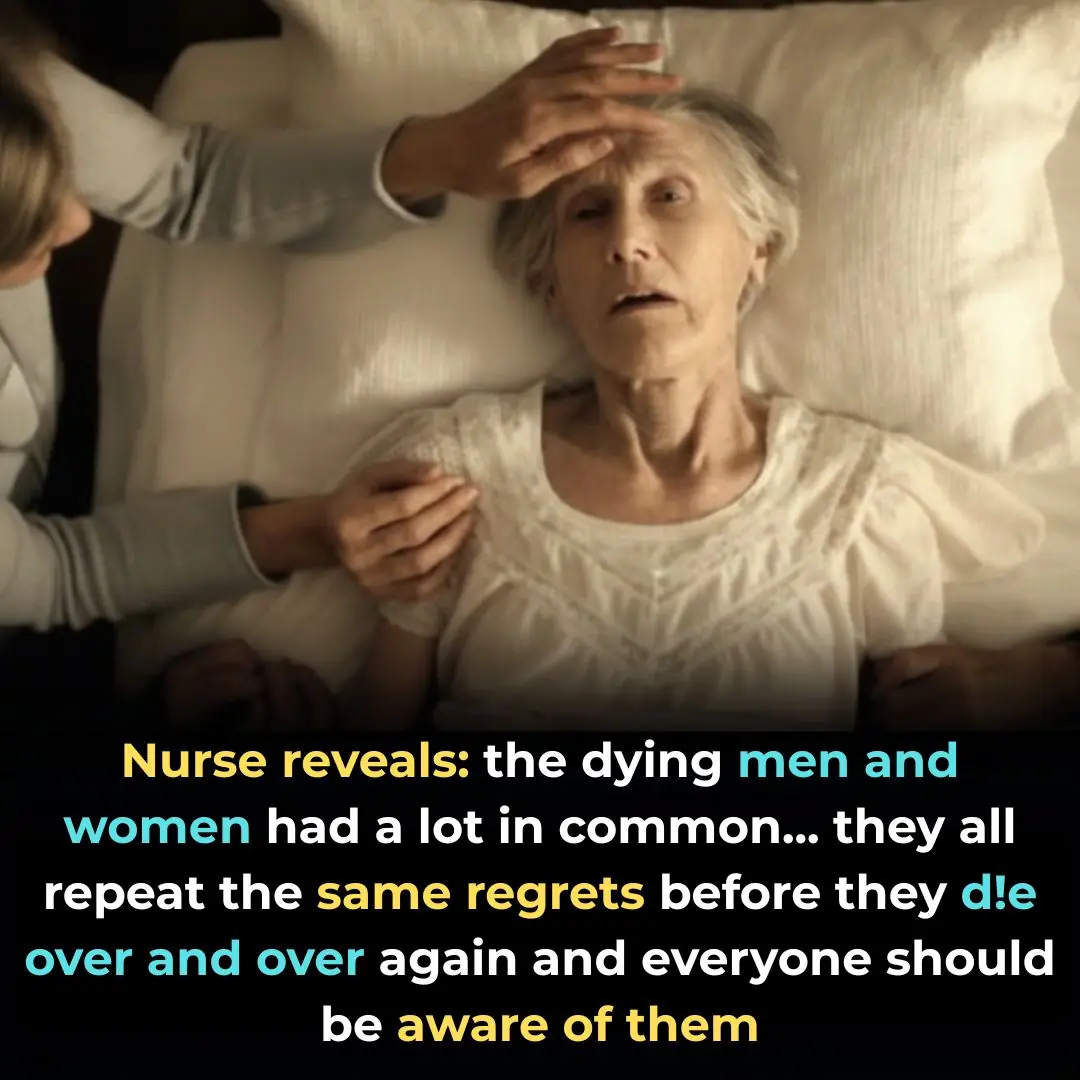
5 Most Common Deathbed Regrets, According to Palliative Care Nurse
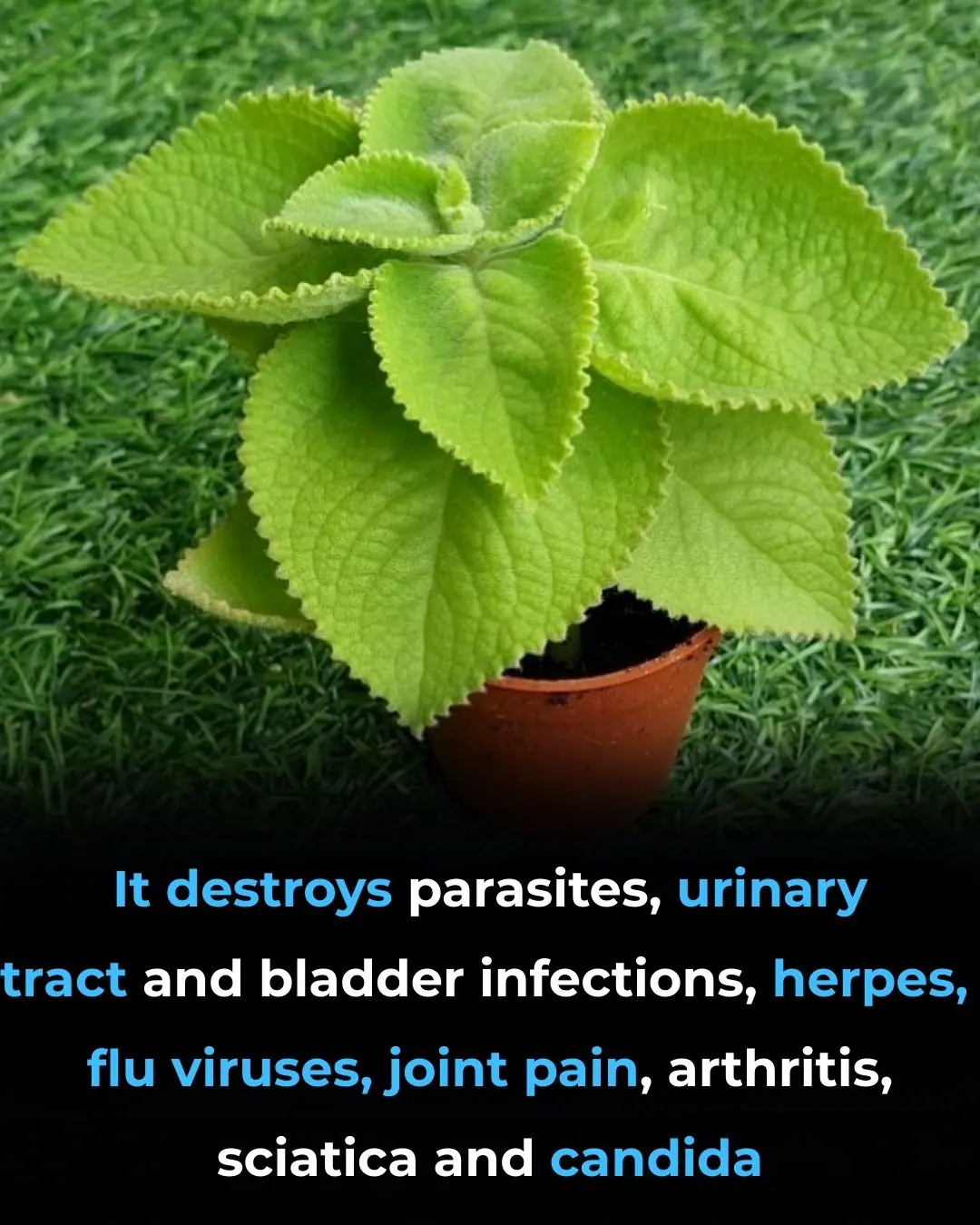
🌿 Oregano: Nature’s Small but Mighty Healer
